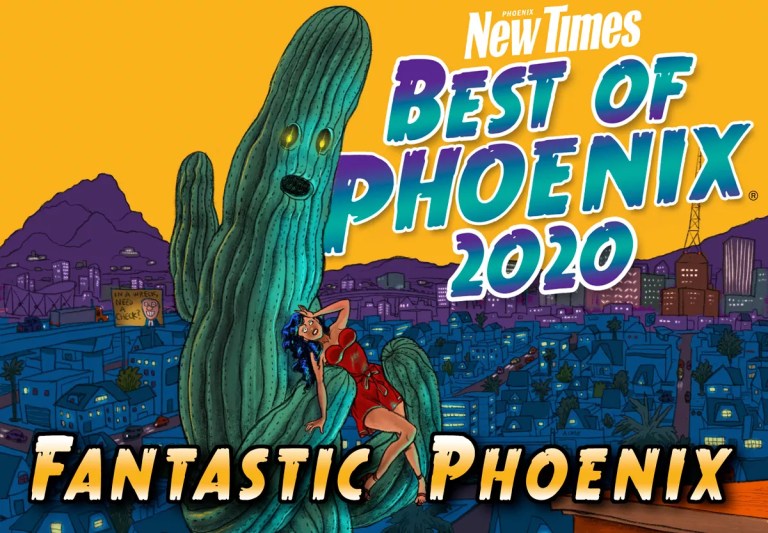Best Republican Lawmaker
State Representative Walt Blackman
Walt Blackman of Snowflake is the Arizona GOP’s idea of diversity. He’s the first Black Republican member of the State Legislature, serving District 6. He sometimes wears a cowboy hat in his Facebook videos. He can say things that would be a problem for white lawmakers. Take his statements in early June, soon after the death of George Floyd under the knee of a police officer sparked national protests: “I DO NOT support George Floyd and I refuse to see him as a martyr. But I hope his family receives justice.” He also went on local radio to announce that Black Lives Matter was a “terrorist organization.” On the other hand, he’s a criminal justice reform advocate who this year submitted a groundbreaking bill (by Arizona standards) that, if it had passed, would have reduced prison sentences for some nonviolent offenders and basically been the biggest set of reforms in more than 25 years. But “moderate” does not describe Blackman, generally. He’s a hero to pro-lifers and wants women to face “consequences” if they get an abortion. Blackman’s the kind of Arizona lawmaker conservatives wish they could make more of.

